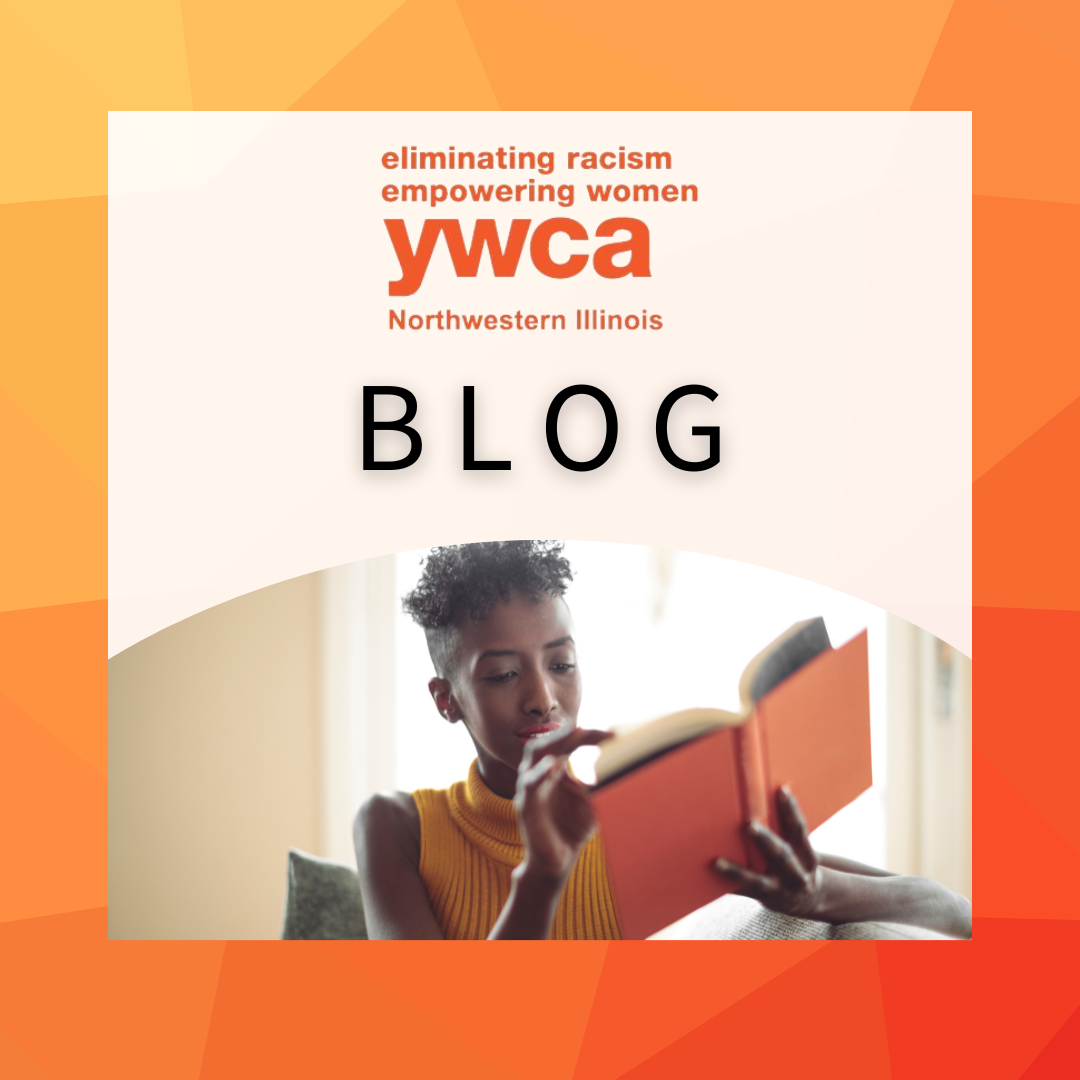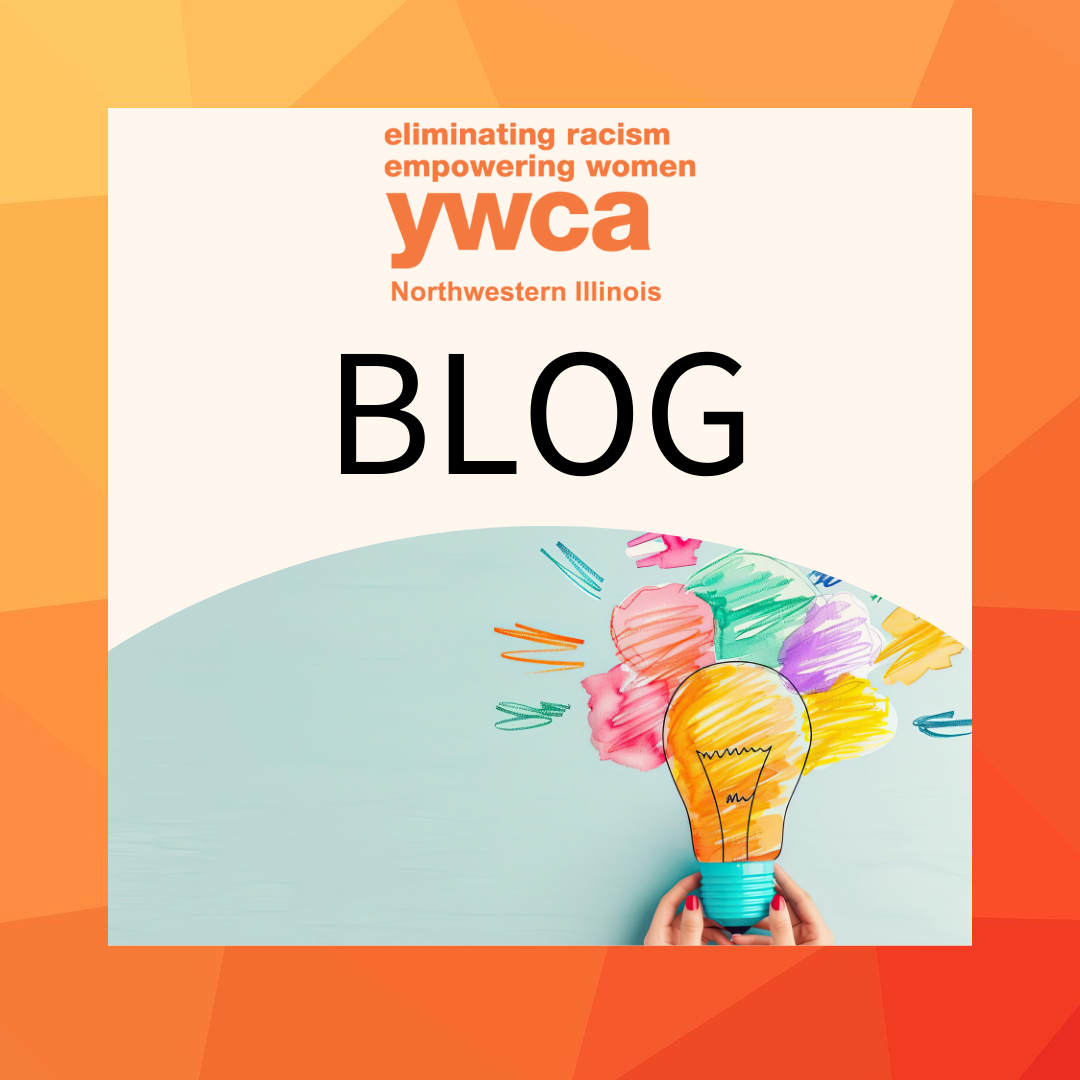Adult Education and Family Literacy Week has been held annually in September since 2009. Created by the National Coalition for Literacy and select members of the Senate and House of Representatives, it aims to raise societal awareness and financial support of adult education and family literacy. This year, National Adult Education and Family Literacy Week will be observed from September 17 to September 23.
You may be asking yourself, “What makes adult education different from education in general?” Everywhere in the United States, children are required to attend school, usually between the ages of 5 and 18. Attending school can be an integral part of a child’s social development, and it’s where they learn to form their own identities, forge friendships, and develop personal values.
Adults, on the other hand, attend school voluntarily and for various reasons.
Sometimes, it’s to improve their social standing, their economic potential, or their confidence. In any case, adults seeking education do so because they want to, not because they are required to. Furthermore, adults already have established identities, values, and goals, so they do not need an instructor to help guide them through this process as children do. In addition to an intrinsic motivation, adult learners have many responsibilities that can prevent them from being able to attend school. Between full and part-time jobs, children, family, and various community obligations, adults have to work much harder to balance their lives with attending school. So, if you know of someone who is juggling a job and/or a family while furthering their education, make sure to recognize their hard work and congratulate them!
Family literacy, also referred to as intergenerational literacy, is a relatively new method of instruction, centered on the concept that a parent is a child’s first teacher. According to the National Institutes of Health, a mother’s reading level is the greatest determinant of her child’s future academic success, outweighing other factors like neighborhood and family income.
With this in mind, we can clearly see why literacy inside the home is paramount.
Aside from the education of the parents, which falls under adult education, family literacy includes the joint education of the whole family. P.A.C.T., or Parent and Child Together, is an instructional component that many family literacy programs implement to ensure that parents are creating healthy relationships and routines with their children. Through structured activities, families can spend time building social skills, emotional intelligence, and forging strong bonds while also improving their reading and writing skills. Because family literacy is focused on supporting parents as a child’s first teacher, another vital part of this method is parental education. This type of support has significant effects on children and their success. Parental education is considered a core prevention effort to avoid child abuse and neglect, and it’s designed to equip caregivers with the skills and knowledge they need to build healthy families.
The positive outcomes of adult education and family literacy are apparent. Adults who work on improving their literacy can also improve their employability, as well as their average yearly earnings. According to Life Literacy Canada, children whose parents are involved in family literacy activities with them score, on average, 10 points higher on standardized reading tests.
This year, celebrate Adult Education and Family Literacy Week by reading with your family and friends. Start a book club, read before bedtime, or write a poem or short story! It is also vital to express to local lawmakers that adult education and family literacy programs are important and should be funded. When we make our voices heard, we can effect change, and supporting the literacy of adults and families can help improve the lives of everyone in our community!
YWCA Northwestern Illinois offers literacy services to adults in Winnebago, Boone, and northeast Ogle Counties. Adults can enroll in English as a Second Language (ESL) classes, as well as one-on-one tutoring in reading and writing. Please contact us for more information about either of these programs.
Happy National Adult Education and Family Literacy Week from all of us at YWCA!
-Sarah Catalfu, YWCA Northwestern Illinois Literacy Council Literacy Coordinator




